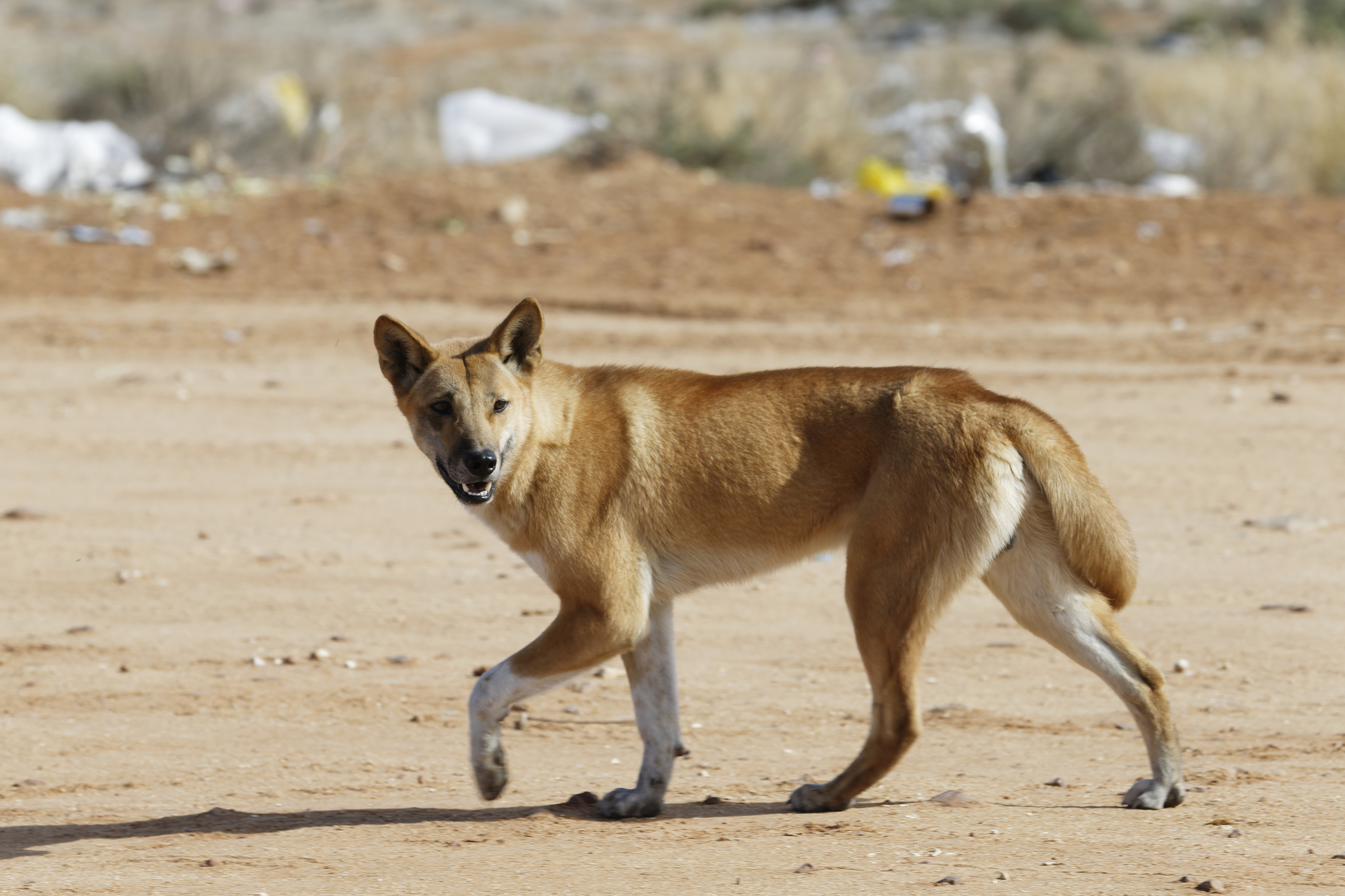Five hours south of Sydney, in the high country of south-east New South Wales, Glenbog State Forest sits quietly on the edge of the escarpment. At first glance, it looks like many other native forests. But Glenbog is not just any forest. It is one of the few remaining high-elevation “cloud forests” in southern NSW. These are places where geography...
The images in the video are the kind that tear more than tug at the hearts of dog lovers. Animals are snatched from the streets (including owned pets), their muzzles tied tight with strings, after which they are stuffed into small sacks and packed into trucks like vegetables or wine bottles, barely able to move or breathe. Dog meat traders drive the terrified dogs for hours, dropping them off at slaughterhouses, dog meat supply markets, and restaurants. If the animals don’t die of dehydration or heatstroke or suffocation during the journey, an even more miserable fate awaits them: they are hauled out of the trucks and dragged to their deaths, which usually happens by beating. The bodies are then left to bleed out, right in front of other dogs.
The video detailing these horrific images, which you can watch below, is one of the tools in the Dog Meat-Free Indonesia campaign being launched today by Humane Society International, Animal Friends Jogja, Change for Animals Foundation, and Jakarta Animal Aid Network. Each year, more than a million dogs in Indonesia, including pets and dogs living on the streets, meet this horrifying fate. Sadly, it’s also a fact that many Indonesians, and people around the world, are unaware of. In the video, titled “I Didn’t Know,” several celebrities, including Indonesian actresses Chelsea Islan and Sophia Latjuba, and singer Gamaliel Tapiheru, and international celebrities Ricky Gervais, Joanna Lumley, and Peter Egan, speak out for the need to end this cruel trade in Indonesia once and for all.
WARNING: This video contains footage some viewers may find distressing
The Dog Meat-Free Indonesia campaign will raise public awareness about the dog meat trade in Indonesia, and lobby local and central governments to strengthen animal cruelty laws and end the dog meat trade. We also hope to focus the whole world’s eye on this trade in Indonesia, much as we have done in China.
Indonesia’s dog meat trade does not cater to the country’s majority in any sense: it is estimated that less than seven percent of Indonesians consume dogs, and only a tiny fraction of Indonesians rely on this trade as a primary source of income. The trade also operates in flagrant violation of existing animal cruelty laws and public health and safety laws. The World Health Organization has identified Indonesia’s dog meat trade as a major contributor to the spread of rabies in the country, because of the unregulated transport of dogs between cities, provinces, and islands. The slaughterhouses are unsanitary and all who come into contact with the animals, including traders, slaughterers, vendors, and consumers, are at risk of being exposed to rabies and other diseases. In fact, there have been reports of human deaths from rabies that can be directly linked to the slaughtering, butchery, handling, and consumption of meat from infected dogs. Indonesia is hoping to achieve the goal of eliminating rabies by 2020, but its unregulated and unsafe dog meat trade is a major impediment.

The World Health Organization has identified Indonesia’s dog meat trade as a major contributor to the spread of rabies in the country. Image: Dog Meat Free Indonesia
Local officials themselves are beginning to oppose the trade because of animal cruelty and health concerns. That’s why, in July this year, Bali’s Governor I Made Mangku Pastika issued an official letter ordering a crackdown on the dog meat trade on this Indonesian island.
Opposition to the trade has also been growing among younger Indonesians, with more people seeing dogs as pets, and taking an interest in safeguarding animals from cruelty. There is also a concern because the slaughter of the dogs happens in open markets and restaurant backyards, exposing young children to animal cruelty.
Many countries and territories across Asia have already banned the dog meat trade or consumption of dogs, including the Philippines, Taiwan, Singapore, and Hong Kong, and demand for dog meat is declining throughout the region. HSI, working with local partners, has made progress in China and South Korea, where millions of dogs are caught up in the dog meat trade. In Yulin, China, where butchers and traders slaughter thousands of dogs and cats each year at a “festival,” we have focused worldwide attention on this dreadful spectacle, as a result of which the event has shrunk considerably in size.

It is estimated that less than seven percent of Indonesians consume dogs and only a tiny fraction of Indonesians rely on this trade as a primary source of income. Image: Dog Meat Free Indonesia
HSI’s local partner groups have also been working to rescue dogs from trucks bound for the dog meat markets in China. In both China and in South Korea, we are rescuing dogs and giving them a second chance at life. We’ve brought hundreds of dogs back from these countries, saving them from being butchered, and worked with our Emergency Placement Partners to find them new, loving, lifelong homes.
Culture is not an excuse for animal cruelty, and HSI has a history of taking on the toughest of fights, from Nepal to Mexico and many other countries, and winning. Animals simply should not suffer the cruelty inherent in the dog meat trade. With the Dog Meat-Free Indonesia campaign, we are putting Indonesia’s dog meat traders on notice.
Please sign the global petition calling on the Indonesian government to ban the trade in and slaughtering of dogs, and consumption of dog meat throughout Indonesia


